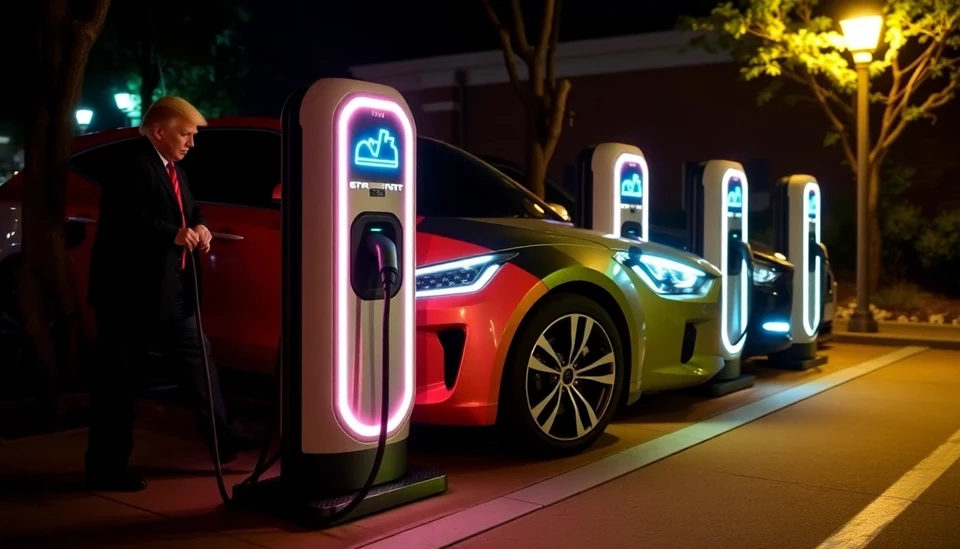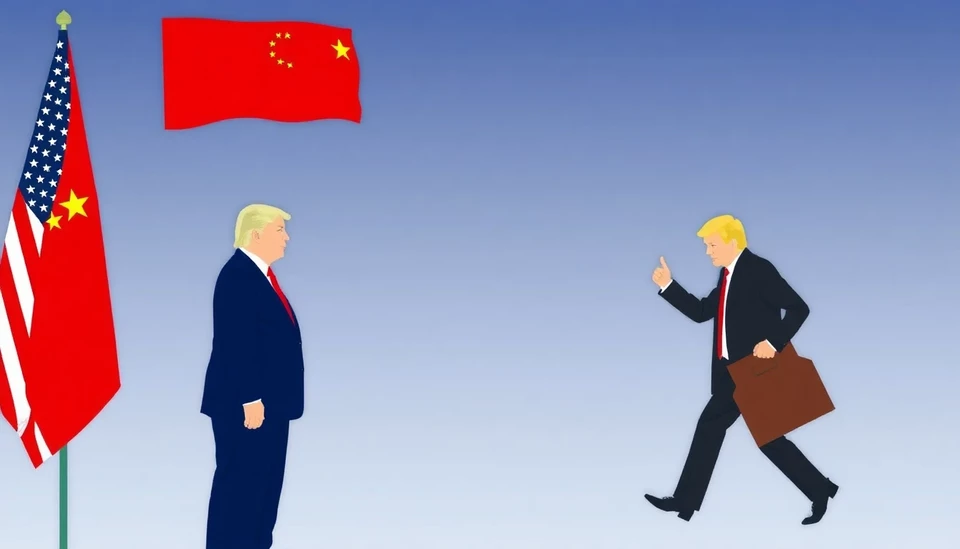
The Trump administration has recently made a significant decision to cease a crucial program aimed at expanding the network of electric vehicle (EV) chargers across the United States. This initiative was designed to facilitate the growing demand for electric cars by ensuring that a robust charging infrastructure was in place. The abrupt halt has raised many eyebrows and stirred extensive discussions about the future of clean energy and transportation in the country.
The program, which was originally launched as part of a broader strategy to promote the use of electric vehicles, had garnered considerable support from environmental groups and the auto industry alike. Proponents of the initiative argued that a widespread charging network is indispensable for phasing out fossil fuel vehicles and reducing greenhouse gas emissions. The administration’s decision to halt the program, however, seems to contradict these environmental goals and has left many stakeholders concerned about the long-term implications.
Industry experts have warned that without federal support and funding, the development of EV chargers could stall, potentially hampering the growth of electric vehicles during a crucial transition period. Many manufacturers are poised to release new electric vehicle models; however, consumer confidence remains lukewarm due to concerns about the availability of charging stations. The administration’s decision can obstruct efforts to make EV ownership more feasible and attractive for potential buyers.
This move comes amid an ongoing debate over the government’s role in combatting climate change and supporting clean energy initiatives. Critics of the administration’s decision argue that it signals a retreat from the kind of progressive policies needed to tackle environmental challenges and push for sustainable transportation solutions.
Furthermore, various states had already begun preparations to integrate this federal program into their local infrastructures, expecting that support from Washington would enable smoother transitions to electric vehicle adoption. With the program being halted, many states now face uncertainty regarding their plans for increasing EV accessibility and promoting cleaner alternatives to traditional vehicles.
The consequences of this sudden decision are yet to fully unfold, yet stakeholders emphasize the importance of continuity in efforts to build a comprehensive EV infrastructure. To replace conventional fossil fuels and enhance energy security, a well-planned expansion of charging stations remains crucial.
Environmental advocates are rallying to voice their disapproval of the administration's move, urging policymakers to reconsider and revitalize initiatives aimed at boosting the electric vehicle market and its supplementary infrastructure. The need for comprehensive charging solutions has never been clearer, as the demand for electric vehicles continues to grow exponentially.
As this story develops, many will be watching closely to see how the auto industry, state governments, and environmental groups respond to this abrupt halt in federal support for electric vehicle infrastructure.
Developments in this area will undoubtedly shape the future landscape of transportation in the United States.
#TrumpAdministration #ElectricVehicles #EVChargerNetwork #CleanEnergy #SustainableTransportation #ClimateChange #Infrastructure
Author: Samuel Brooks




